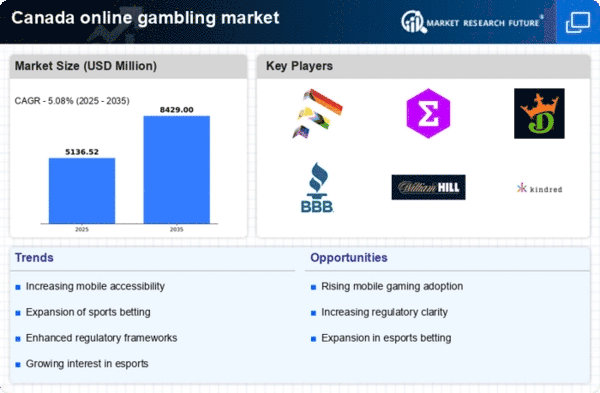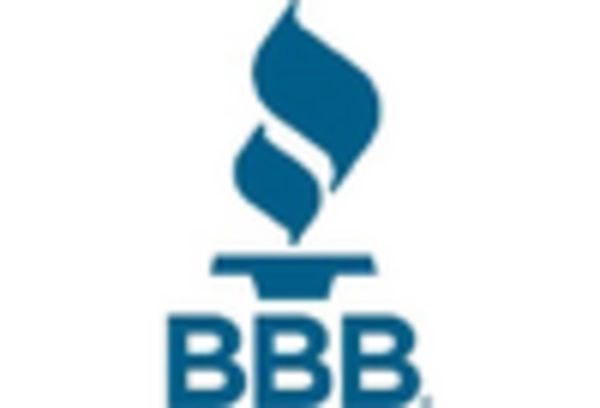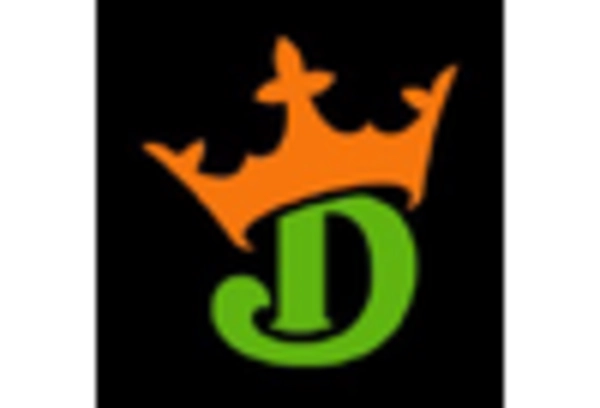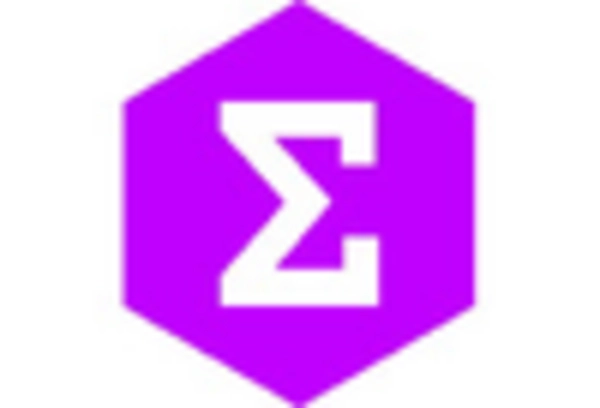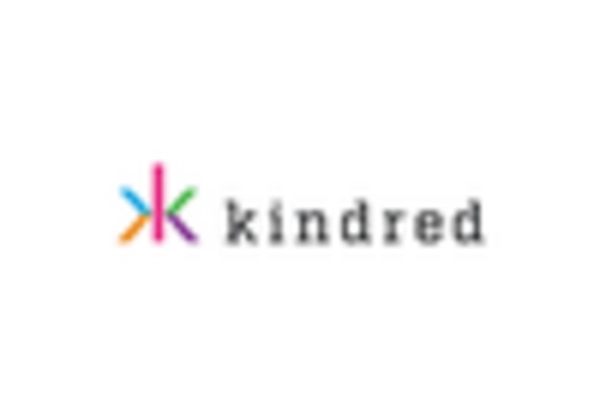Changing Demographics
The demographic landscape in Canada is evolving, with younger generations showing a marked preference for online gambling. Individuals aged 18-34 represent a significant portion of the online gambling market, accounting for nearly 40% of total participants. This demographic is more inclined to engage with digital platforms, driven by familiarity with technology and a preference for online entertainment. The online gambling market is adapting to these changes by offering tailored experiences that resonate with younger audiences, such as gamified betting options and social gaming features. Additionally, the increasing acceptance of gambling as a mainstream form of entertainment among younger Canadians suggests a potential for sustained growth in this sector. As this demographic continues to mature, their spending power may further enhance the online gambling market's profitability.
Rise of Esports Betting
The emergence of esports as a legitimate form of entertainment has created new opportunities within the online gambling market. In Canada, esports betting has gained traction, with estimates suggesting that the market could reach $1 billion by 2026. This growth is driven by the increasing popularity of competitive gaming among younger demographics, who are more likely to engage in betting on esports events. The online gambling market is adapting to this trend by offering specialized betting options and promotions tailored to esports enthusiasts. Furthermore, the integration of live streaming and real-time betting features enhances the overall user experience, making it more appealing to a tech-savvy audience. As the esports industry continues to expand, the online gambling market may see a corresponding increase in participation and revenue.
Increased Internet Penetration
The expansion of high-speed internet access across Canada has been a pivotal driver for the online gambling market. As of 2025, approximately 90% of Canadians have access to the internet, facilitating a growing user base for online gambling platforms. This increased connectivity allows for seamless gaming experiences, attracting both casual and serious gamblers. The online gambling market benefits from this trend, as more individuals can engage in various forms of gambling from the comfort of their homes. Furthermore, the rise of mobile internet usage, which accounts for over 50% of total internet traffic, suggests that mobile-friendly gambling sites are likely to see increased patronage. This trend indicates a shift in consumer behavior, where convenience and accessibility are paramount, thereby propelling the online gambling market forward.
Regulatory Framework Evolution
The regulatory environment surrounding the online gambling market in Canada is undergoing significant transformation. Recent legislative changes have aimed to create a more structured and secure framework for online gambling operations. This evolution is likely to enhance consumer trust, as regulations often include measures for responsible gambling and player protection. As of November 2025, several provinces have implemented new licensing requirements, which could lead to a more competitive landscape. The online gambling market may experience increased participation as consumers feel more secure in their gambling activities. Moreover, the potential for interprovincial agreements could further expand market access, allowing operators to reach a broader audience. This regulatory evolution appears to be a double-edged sword, as it may also impose stricter compliance costs on operators.
Innovative Marketing Strategies
The online gambling market in Canada is witnessing a shift in marketing strategies, with operators increasingly leveraging data analytics and targeted advertising. By utilizing consumer data, companies can tailor their marketing efforts to specific demographics, enhancing engagement and conversion rates. This approach has proven effective, as operators report a 25% increase in user acquisition through personalized marketing campaigns. Additionally, partnerships with influencers and social media platforms are becoming commonplace, allowing brands to reach younger audiences more effectively. The integration of gamification elements in marketing strategies also appears to resonate well with consumers, creating a more interactive experience. As competition intensifies, innovative marketing strategies are likely to play a crucial role in differentiating brands within the online gambling market.


